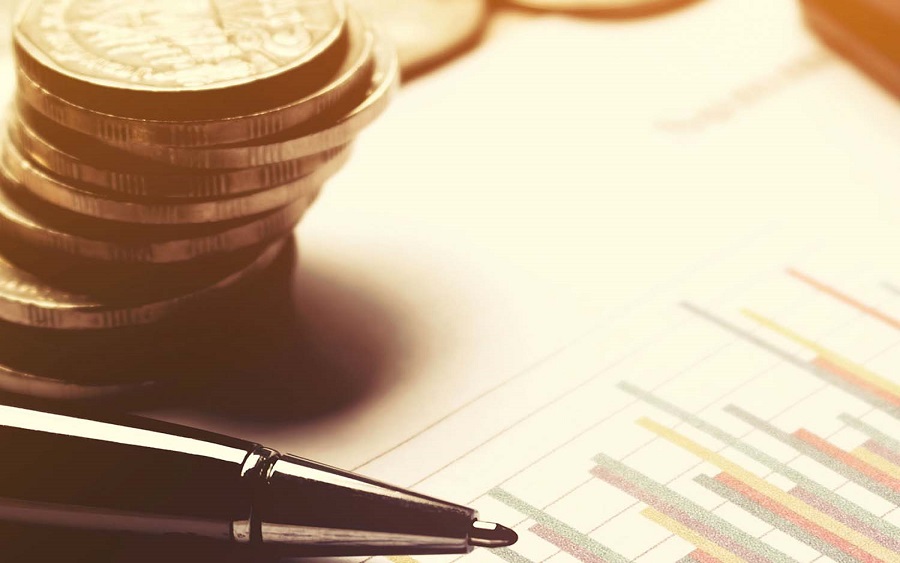According to the primary market auction result, Nigerian Treasury Bills Yield held the 91-day and 182-day constant at 2.00% and 3.50% respectively.
The 364-days Bill increased by 100 base point to 9.00% from its previous 8.00% interest. This increase is supposed to have a substantial impact on the Nigerian Stock exchange market.
READ: Why interest rates on treasury bills, bonds crashed
The 91-day and 182-day bills have remained relatively constant for the 4th consecutive auction. This increase in the 364-days Treasury Bill Yield may be seen to have a negative correlation in the stock exchange market as investors sell off their volatile positions and buy risk-free assets like treasury bills.
Some analysts believe that the increase is in direct response to inflationary concerns as the CBN attempts to curb inflation without detouring growth.
READ: CBN introduces “Special Bills” as part of efforts to control money supply in the economy
What this means
- An increase in Treasury Bill Yield may cause a drop in the Stock exchange market as analysts expect selloffs to continue towards the end of the week.
- Persistent inflation concerns may lead the CBN to take more aggressive steps and increase the treasury bills rates even higher.
- The banking sector is expected to benefit from the increase as they shift their focus from stock to fixed income.
- Analysts expect that a higher yield trend will boost foreign direct investment, which is aligned with the CBN policy of increasing foreign inflows.
- Some market participators see the increase as a good sign. However, the consensus was held for a steady slow increase rather than an eccentric rate change.
